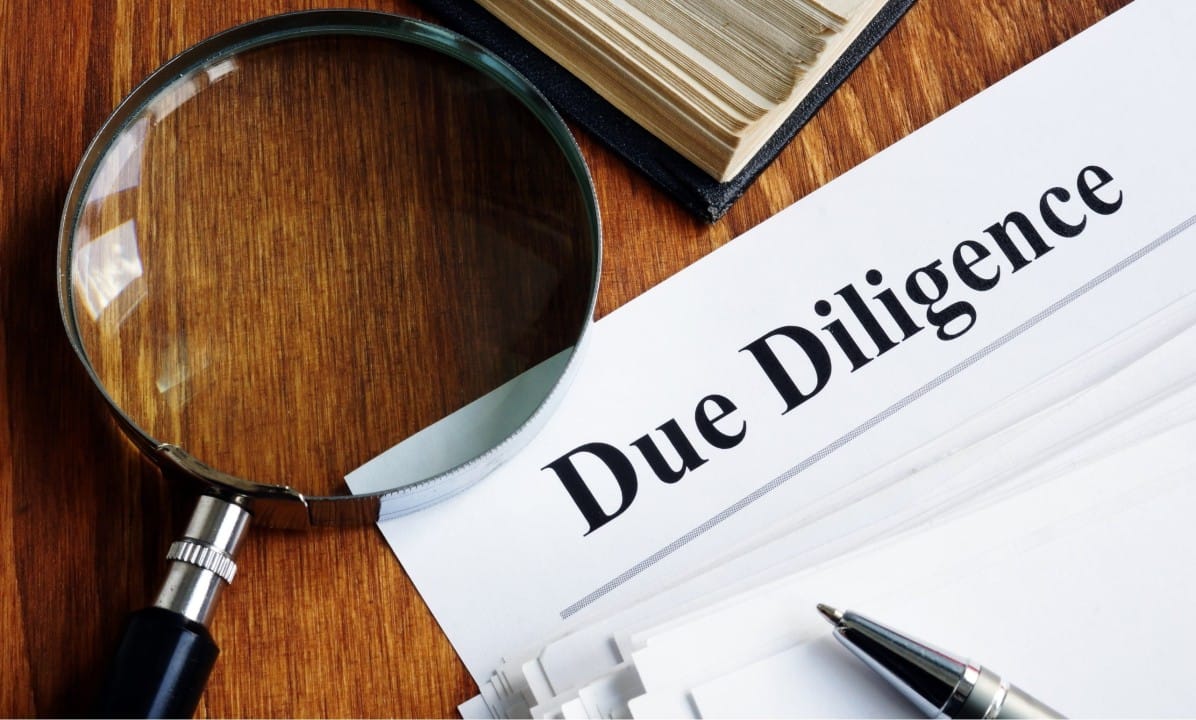

Responsibilities of a Director
If you are considering investing in a business and are also thinking about taking a seat on the board of that company there are some important issues and responsibilities to bear in mind, which will be highlighted in this article.
A director of a company in the United Kingdom has a wide range of responsibilities, which are governed by a number of different laws and regulations. The primary duty of a director is to act in the best interests of the company and its stakeholders - which include shareholders, employees, customers, suppliers, and the wider community. They are also responsible for ensuring that the company operates within the law and complies with regulations, including data and environmental protection.
One of the key responsibilities of a director is to set the company strategy and objectives, and to ensure that these are aligned with the company's purpose and values. Directors will have implied authority to sign and enter into contracts for and on behalf of the company, so long as that contract relates to the company’s ordinary course of business.
Directors are also responsible for overseeing the company's finances, including the preparation of financial statements and the management of the company's assets and liabilities. They must ensure that the company's accounts are accurate and comply with accounting standards, and that the company has appropriate systems of internal control in place.
Corporate governance is an important responsibility of directors. This refers to the system by which a company is directed and controlled, and includes the policies and procedures that govern the relationship between the board of directors, management, shareholders, and other stakeholders. Directors are responsible for ensuring that the company has effective corporate governance arrangements in place, and for overseeing the implementation of these arrangements. One key method is through the use of frequent board meetings. Board meetings are the procedure in which directors meet to discuss and take stock of key company attributes such as performance and the financial wellbeing of the company. Any formal decisions taken at a board meeting are recorded as board resolutions.
In addition to the above, directors hold a host of personal responsibilities. In accordance with the Companies Act 2006, directors must act with integrity and honesty and avoid conflicts of interest with the company. They must also exercise independent judgment and challenge the company's management when necessary. Directors must also ensure that the company operates in a responsible and sustainable manner, taking into account the impact of its activities on the environment and society.
Overall, the role of a director in the UK is complex and multifaceted and requires a range of skills and experience. It is important that directors are aware of their responsibilities and obligations, and that they are committed to fulfilling them to the best of their ability, to ensure effective corporate governance and the long-term success of the company.
This article is for reference purposes only. It does not constitute legal advice and should not be relied upon as such. Specific legal advice about your specific circumstances should always be sought separately before taking or deciding not to take any action.
Authors


Related Posts


Summer Investor Event: Five Innovative Startups Take the Stage
